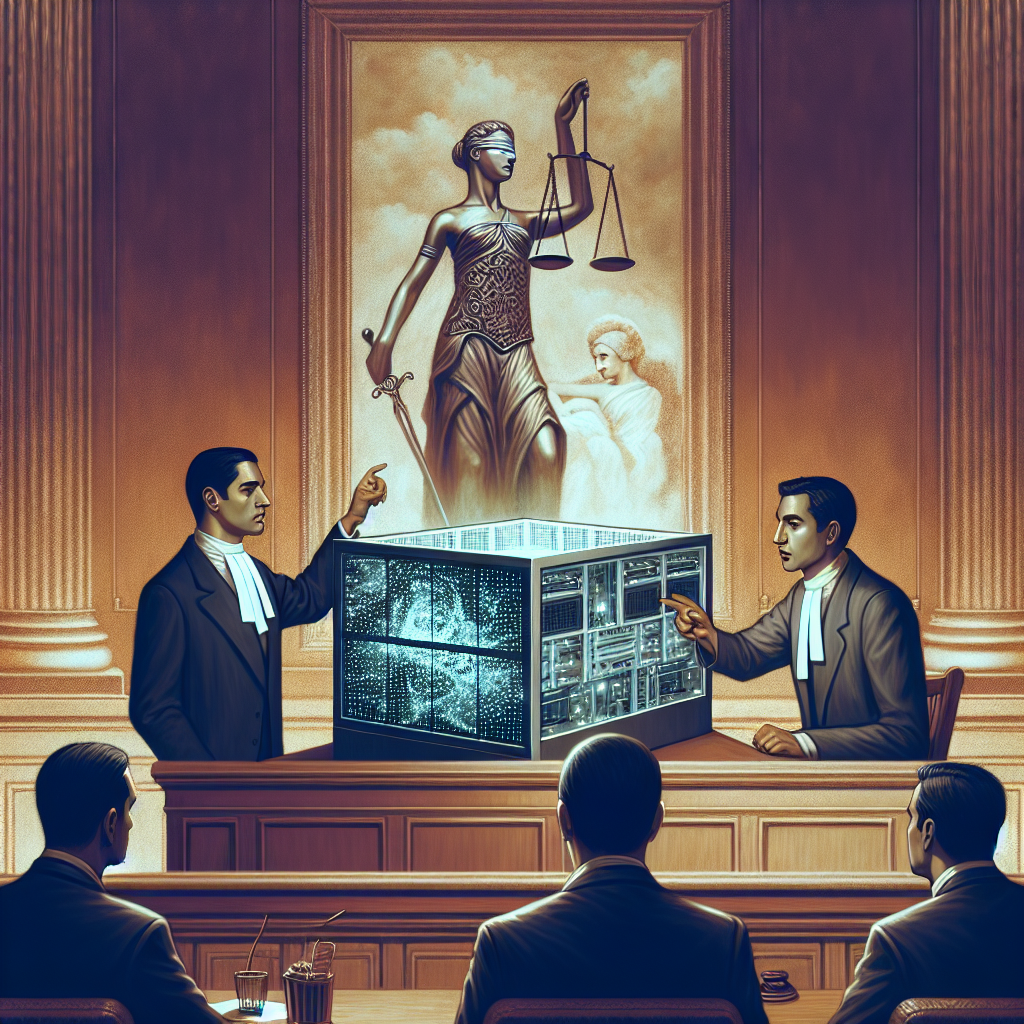With the advancement of artificial intelligence (AI) technology, there are growing concerns about the legal risks associated with its use. One of the main issues surrounding AI is liability and accountability. As AI systems become more autonomous and make decisions without human intervention, questions arise about who is responsible when something goes wrong. In this article, we will explore the legal risks of AI and discuss liability and accountability issues.
What is AI?
Artificial intelligence refers to the ability of a machine or computer program to learn and think like a human. AI systems can analyze data, recognize patterns, and make decisions based on that information. Some examples of AI technology include self-driving cars, virtual assistants like Siri and Alexa, and predictive analytics software.
Legal Risks of AI
As AI technology becomes more sophisticated and pervasive, there are several legal risks that organizations and individuals need to be aware of. One of the main concerns is liability – who is responsible when an AI system makes a mistake or causes harm? In traditional legal systems, liability is usually attributed to a human actor who has committed a wrongful act. However, with AI systems making decisions on their own, it can be unclear who should be held accountable.
Another legal risk of AI is the potential for bias and discrimination. AI systems are only as good as the data they are trained on, and if that data is biased or incomplete, the AI system may make decisions that perpetuate existing inequalities. For example, a hiring algorithm that is trained on biased data may discriminate against certain groups of people.
Liability Issues
One of the main challenges with AI technology is determining who is liable when something goes wrong. In some cases, it may be the manufacturer of the AI system who is held responsible for any harm caused by the system. However, in other cases, it may be the user of the system who is considered liable.
For example, if a self-driving car gets into an accident, is it the fault of the car manufacturer, the software developer, or the person who was supposed to be supervising the car? These questions are still being debated in legal circles, and there is no clear answer yet.
Another liability issue with AI is the potential for “black box” decision-making. AI systems can be complex and opaque, making it difficult to understand how a decision was reached. This lack of transparency can make it challenging to hold someone accountable for the actions of an AI system.
Accountability Issues
In addition to liability concerns, there are also accountability issues surrounding AI technology. Accountability refers to the idea of being answerable for one’s actions or decisions. With AI systems, accountability can be difficult to establish because of the complex and autonomous nature of the technology.
One way to address accountability issues with AI is through regulatory frameworks and guidelines. Governments and industry organizations can develop standards for the ethical use of AI and hold companies accountable for complying with these standards. For example, the European Union’s General Data Protection Regulation (GDPR) includes provisions for transparency and accountability in AI systems.
FAQs
Q: Can AI systems be held legally responsible for their actions?
A: Currently, AI systems are not considered legal entities and cannot be held legally responsible for their actions. However, this may change in the future as AI technology becomes more advanced.
Q: Who is liable when an AI system causes harm?
A: The liability for harm caused by an AI system is still a gray area in legal terms. It could be the manufacturer, the user, or even the AI system itself in some cases.
Q: How can organizations mitigate the legal risks of AI?
A: Organizations can mitigate the legal risks of AI by implementing robust compliance programs, conducting regular audits of AI systems, and ensuring transparency in decision-making processes.
In conclusion, the legal risks of AI technology are complex and evolving. As AI systems become more autonomous and make decisions without human intervention, questions about liability and accountability become more pressing. It is crucial for organizations and policymakers to address these issues proactively to ensure that AI technology is used ethically and responsibly.

